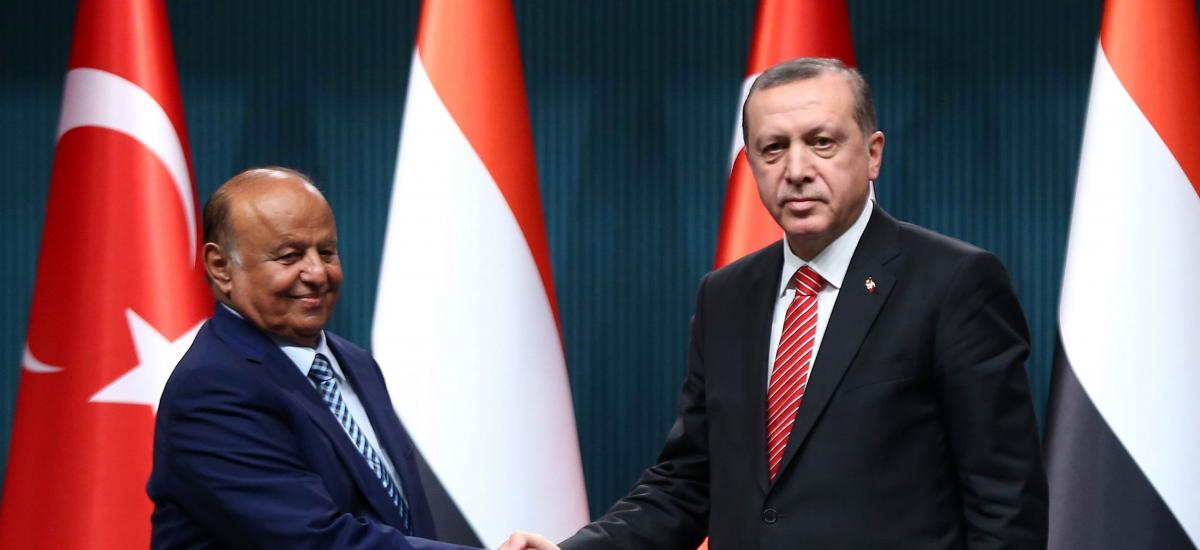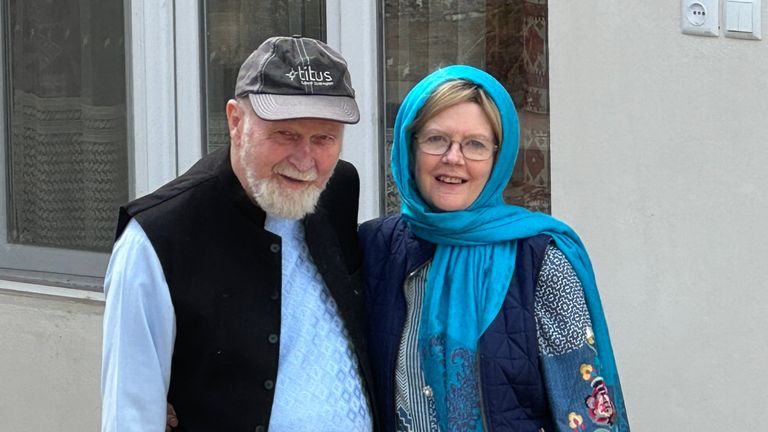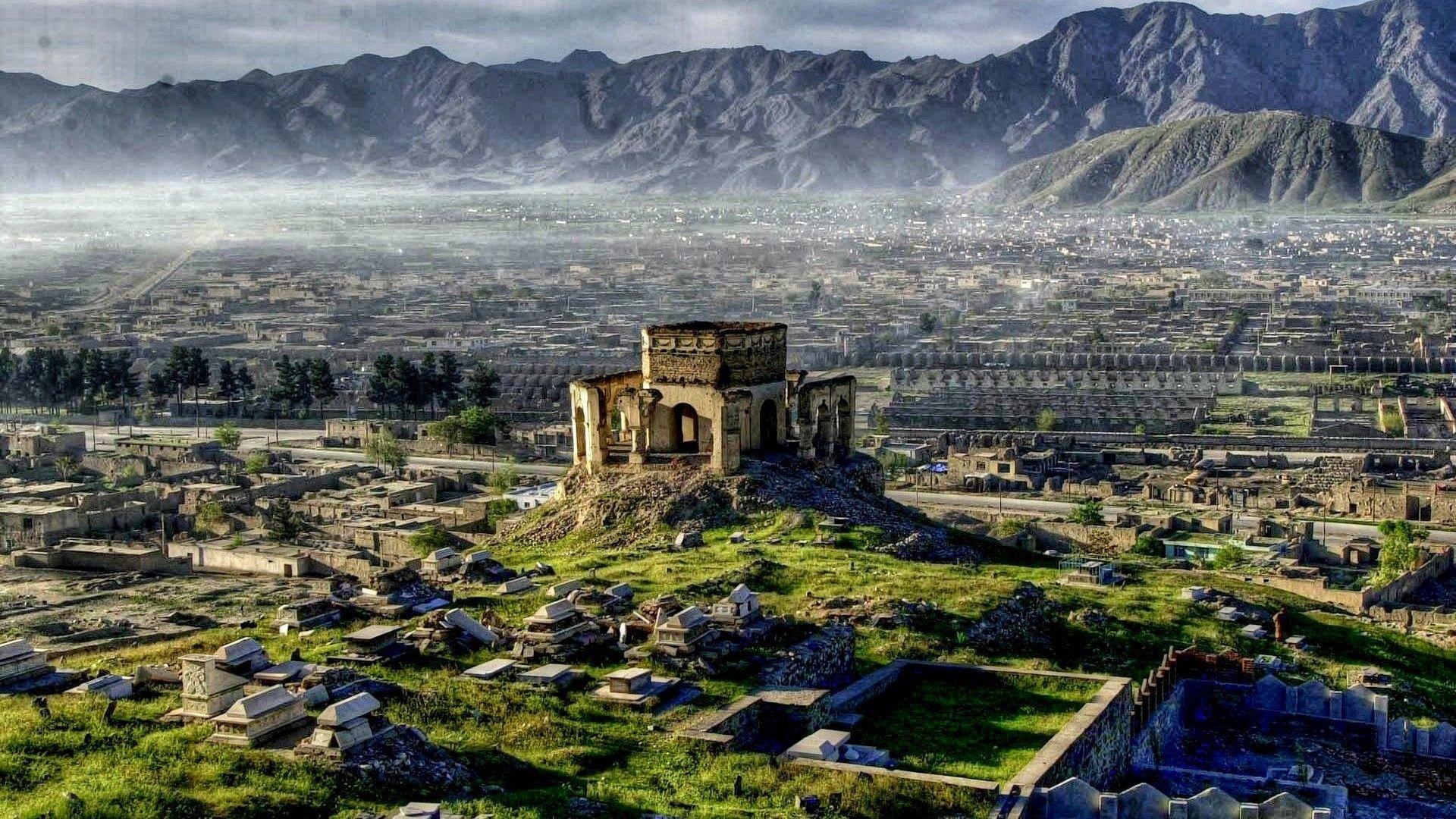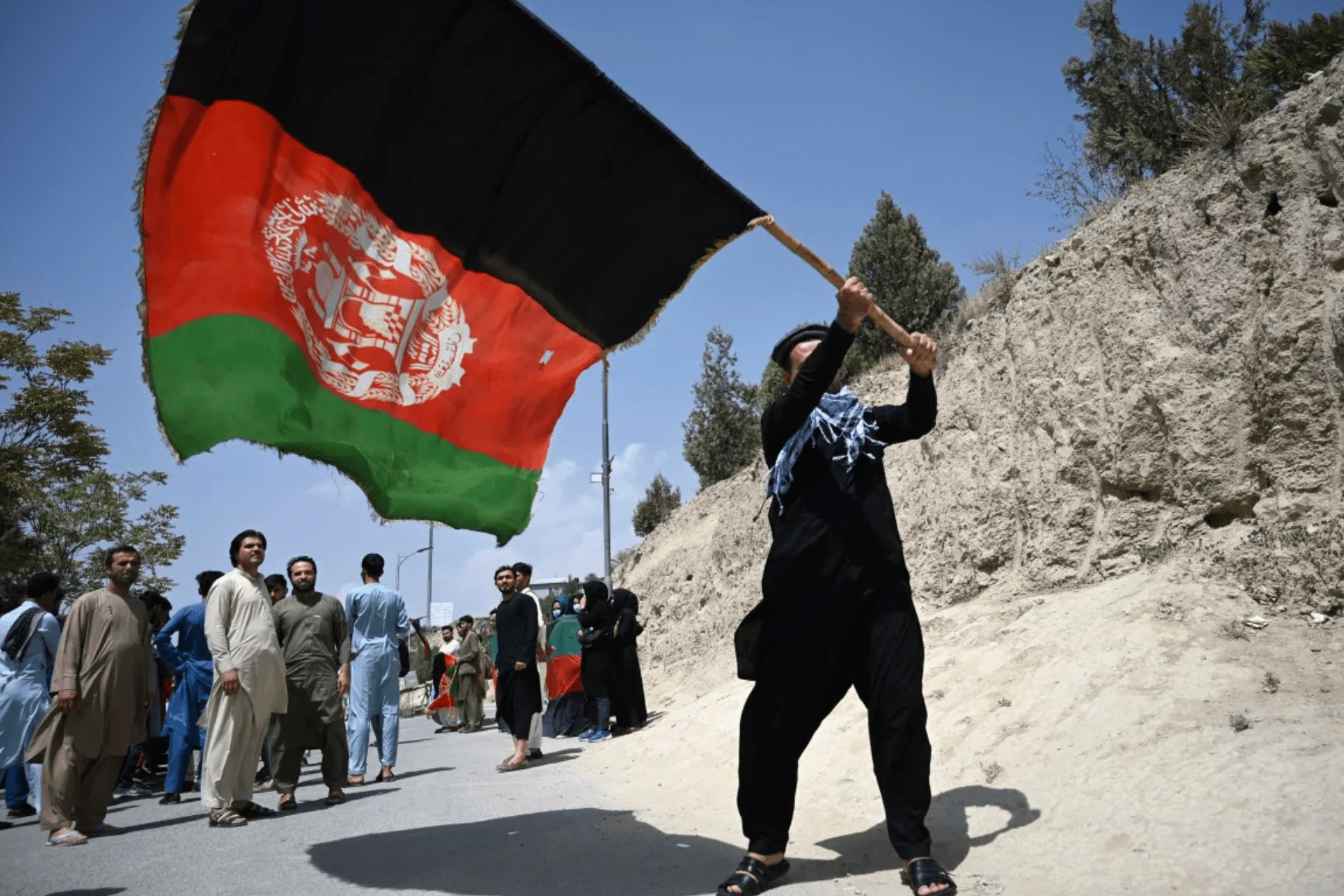Why is Turkey heading to Yemen?

February 1st/2020
There are a lot of important questions that arise when it comes to the recent actions taken by the Turkish Government like, does Turkey support the “reform movement in Yemen” moves to control the seaports in Yemen and repeat what it did in Libya? What are the reasons, why is Turkey heading to Yemen? Is it imposing control on Yemen or just a conflict of interests with Iran in supporting the Muslim Brotherhood against Al-Houthi? Is Turkey trying to stop supporting the Muslim Brotherhood in Turkey and creating a new area for their movements and support?
Turkey seems to be focusing on Yemen after having extended its influence over the Mediterranean arch by entering the civil wars in Syria and Libya, where it has displaced part of its important army and where it has set up militias made up of paid mercenaries who in many cases come from former branches of jihadist groups, as has already been pointed out by various media. This is probably why Turkey is promoting its intervention in the Mediterranean and Middle East area in order to have a greater presence and benefit from an important regional geostrategic situation. Now the most recent challenge is Yemen, a country also immersed in a civil war that confronts the established power against the Houthi rebels, Shiite militias that try to undermine the internationally recognized government of Abd Rabbuh Mansur al-Hadi, which receives the support of an Arab alliance led by Saudi Arabia and supported by the United Arab Emirates (UAE). In this scenario, the Houthi insurgents have the backing of the Islamic Republic of Iran, the great banner of the Shiite branch of Islam as opposed to the Sunni branch defended by the Saudi kingdom.
Turkey is using this international campaign to divert attention from the internal problems facing his regime, which has been plunged into a serious economic crisis due to the sharp fall of the Turkish lira and discredited by the increasing rise of the opposition, mainly embodied by the People's Republican Party (CHP), A political formation that had exceptional results in last year's municipal elections and that snatched from Erdogan's Justice and Development Party (AKP) important centres of power such as the Istanbul City Hall, the financial heart of the Eurasian country, and Ankara, the nation's administrative capital. The 'sultan's' rivals are growing stronger and stronger, and the government is responding to this with purges among the opposition, such as those represented by the arrest of army commanders for alleged collusion with the failed coup d'état of 2016, of which the opposition cleric Fethullah Gülen is accused, or arrests of rival elements such as those linked to the People's Democratic Party (HDP), who are formally accused of links with the outlawed Kurdistan Workers' Party (PKK), considered a terrorist force by Turkey itself or the United States.
Faced with growing opposition at home, Turkish President Erdogan finds himself in the midst of adventures abroad, expanding his influence and threatening Russia's position in Libya and Syria. Meanwhile, he is now challenging the Saudi Arabia-led Arab coalition in Yemen with funding from Qatar, which faces the Arab alliance of Saudi Arabia, the United Arab Emirates, Bahrain and Egypt, which imposed a political and economic blockade on the Gulf monarchy in 2017 after accusing it of supporting cross-border terrorism. This embargo was a major financial blow to the nation led by Emir Tamim bin Hamad al-Thani, who sought other partners on the international stage to strengthen his position, finding the partnership currently being developed with Turkey and Iran.
Campaigns attacking the Arab alliance were seen by various political sectors as increasing the possibility of Turkish interference in Yemen in response to the decline of the Muslim Brotherhood in the country, as an indication of the growth of anti-coalition voices within the legitimate government and institutions dominated by the Reform Party. Meanwhile, different sources confirmed to the media The Arab Weekly that it expects another wave of escalation of the Muslim Brotherhood in the province of Shabwa, where the mentioned former Minister of Transport Saleh al-Jabwani continues his activities of creating anti-Arab coalition militias with funds from Qatar. According to the same sources, new shipments of weapons arrived in the city of Ataq, the Muslim Brotherhood stronghold in Shabwa, and where Al-Jabwani reportedly established his first recruitment and training camp. The Arab Weekly also reported on the alleged covert agreement between the Muslim Brotherhood in Yemen and the Houthis under the auspices of Turkey, Iran and Qatar, to share areas of influence in Yemen, with the insurgent rebels controlling the north of Yemen, in return for supporting the Brotherhood’s ambitions to acquire the southern regions. In both the North African and the Arab country there is a lot at stake, such as the rich oil hosted in their territories and the important geostrategic position linked to the Mediterranean arc. Turkey wants two permanent bases in the area and there he deployed his army, supported by paid mercenaries linked to Jihadist terrorism.
- 2021 Feb - 02







